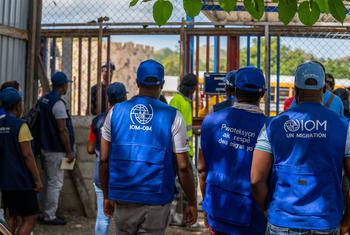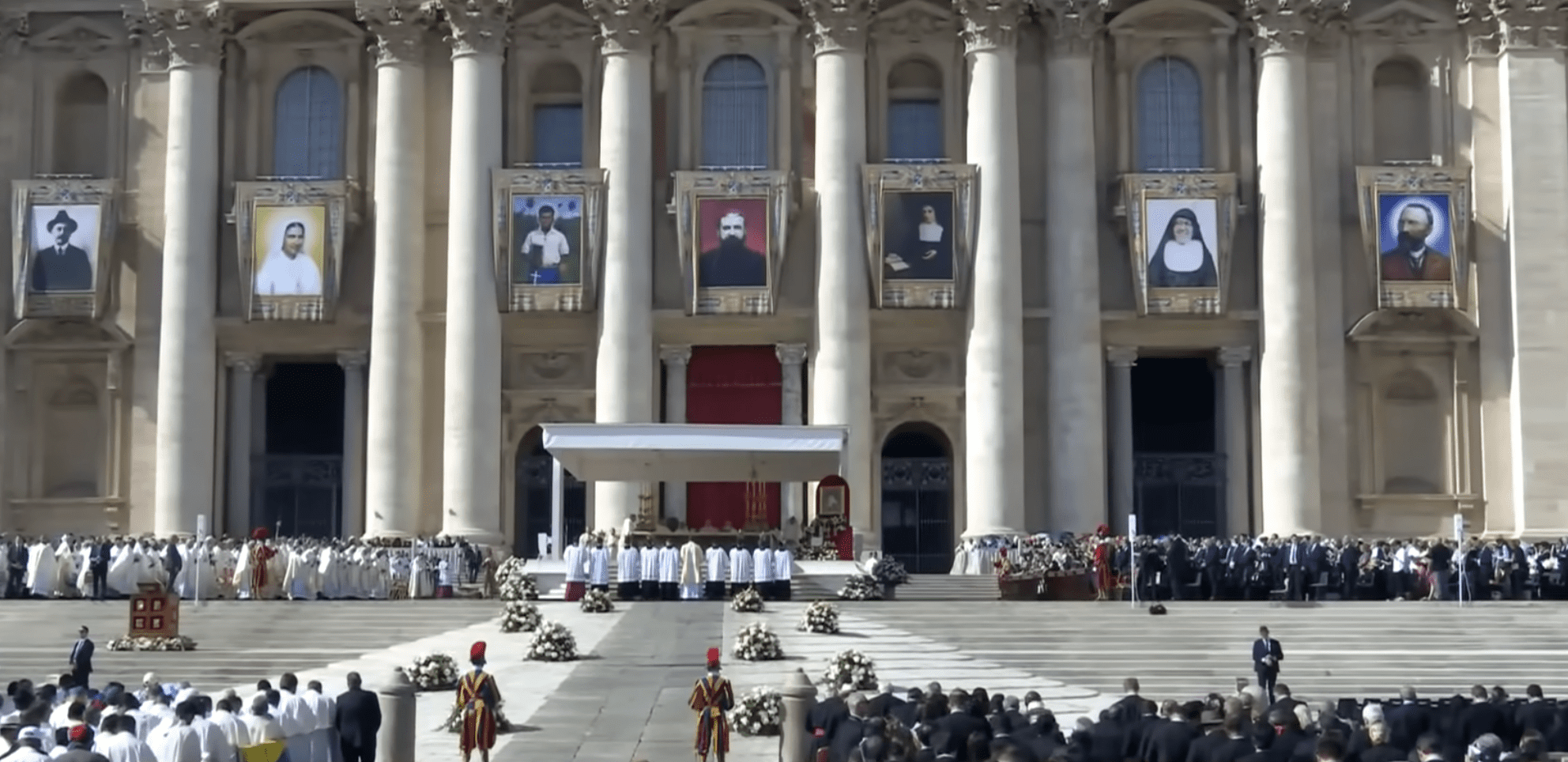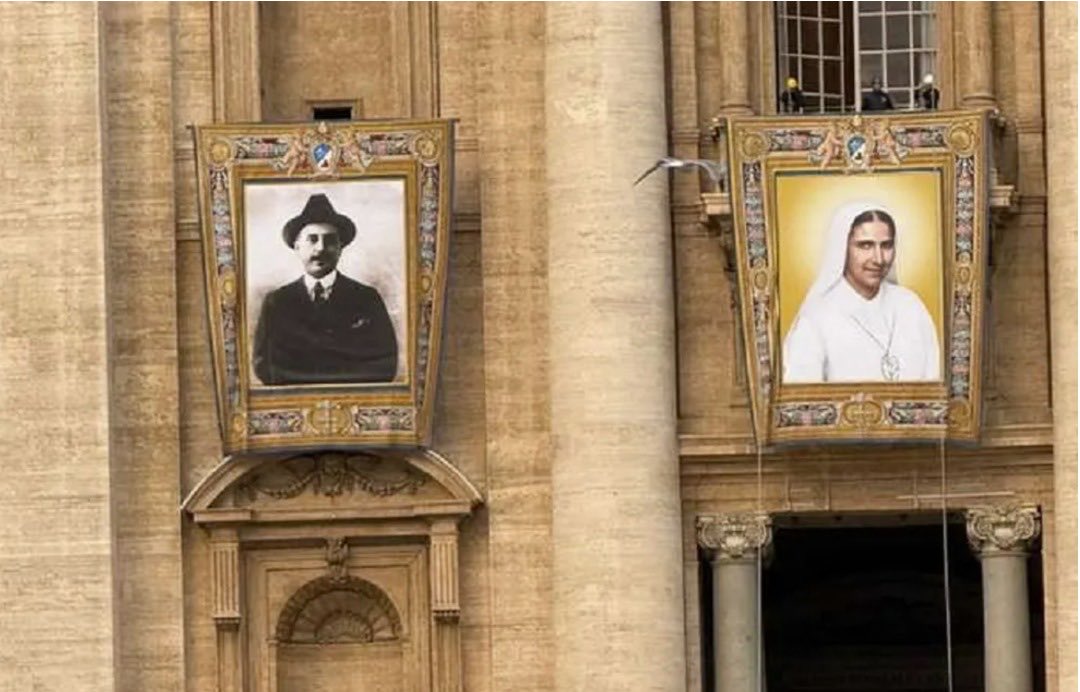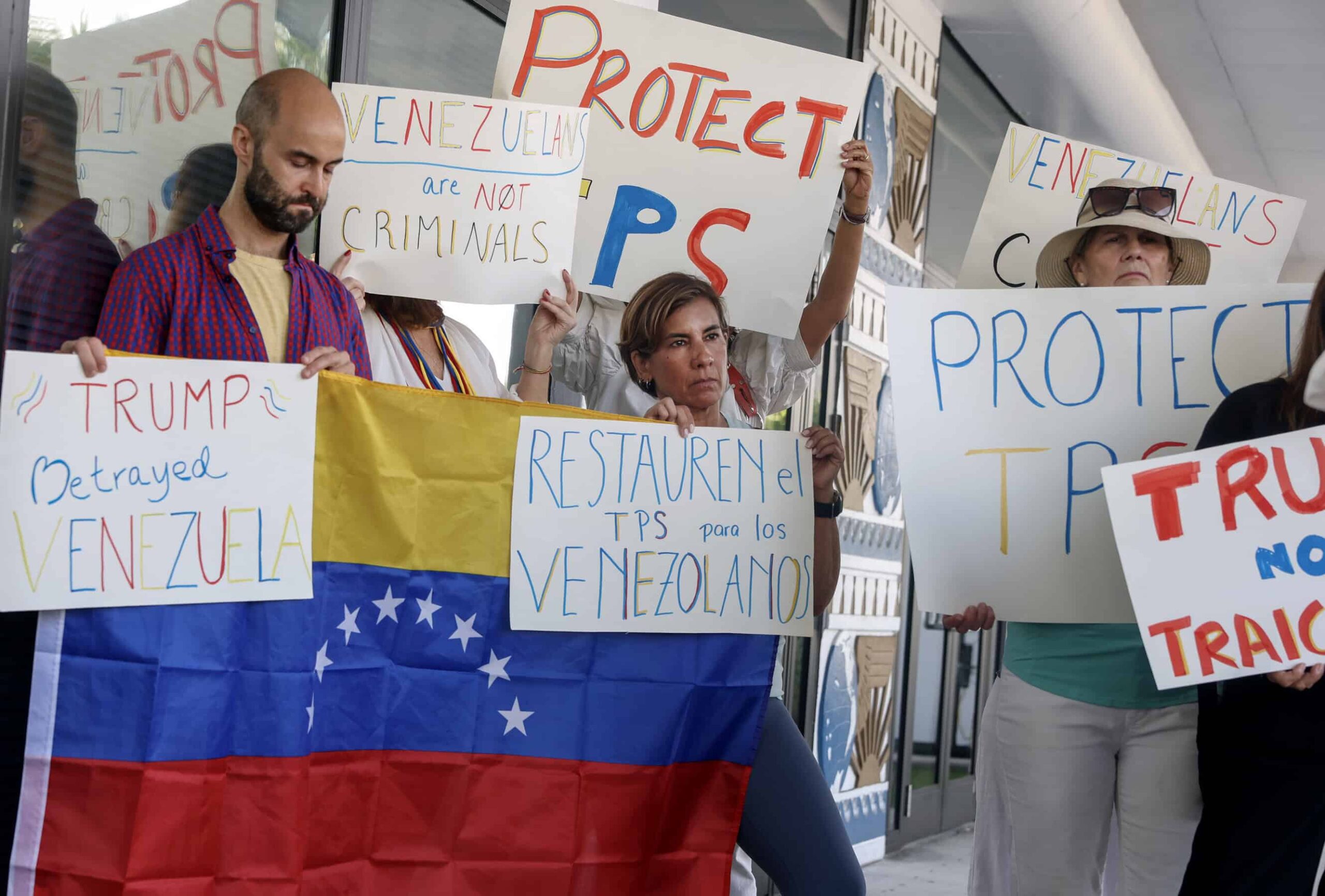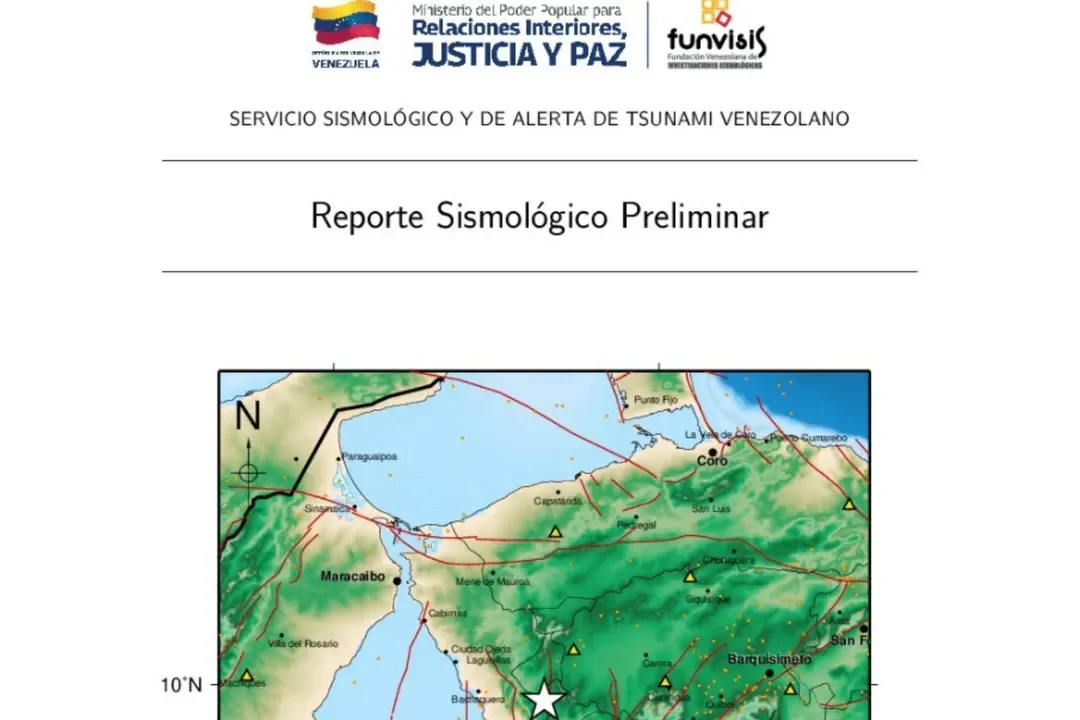In this image, prison officers in El Salvador shave the head of a Venezuelan citizen, deported from the United States to be locked up in the “CECOT” mega-prison. Photo: Philip Holsinger / Time.
Guacamaya, March 23, 2025. In the Time magazine, photojournalist Philip Holsinger shares the heart-wrenching experience of the 238 Venezuelans sent from the United States to a Salvadoran prison.
Holsinger has been in El Salvador for over a year, primarily documenting the conflict between the state and gangs, as well as President Nayib Bukele’s “iron fist” strategy.
The journalist tells the story more through black-and-white photographs than words. He was present on the runway where the Venezuelans arrived and followed them until they entered the “Terrorism Confinement Center.”
The Venezuelans were deported from the U.S. on March 15, 2025. Instead of being sent to their home country, the Donald Trump administration sent them to El Salvador, accusing them all of being part of the Tren de Aragua. However, to this day, no evidence has been presented to prove that any of the deportees are members of the criminal organization.
Around 100 Venezuelans sent to El Salvador were reportedly deported solely for entering the U.S. illegally, without any consideration of criminal records. This raises doubts about whether their expulsion from the country was truly related to criminal activity.
The photojournalist first recounts that some of the Venezuelans tried to resist U.S. immigration officers while still on the plane. From the very beginning, they were treated with brutality and violence by the Central American country’s security forces.
They were shackled and taken by bus to CECOT, where their heads were shaved, and they were beaten, kicked, and shoved throughout the process, according to Holsinger.
One man told the journalist, “I’m not a gang member, I’m gay, I’m a barber.” Holsinger also saw him praying and asking for his mother, only to be slapped by CECOT guards in response.
The staff proceeded to forcibly strip them, throwing their clothes into garbage bags. They were locked in the infamous CECOT cells, where 80 people are held with only a few steel bunk beds.
“No mats, no sheets, no pillow. No television. No books. No talking. No phone calls and no visitors. For these Venezuelans, it was not just a prison they had arrived at. It was exile to another world, a place so cold and far from home they may as well have been sent into space, nameless and forgotten. Holding my camera, it was as if I watched them become ghosts.” concludes photojournalist Holsinger.


